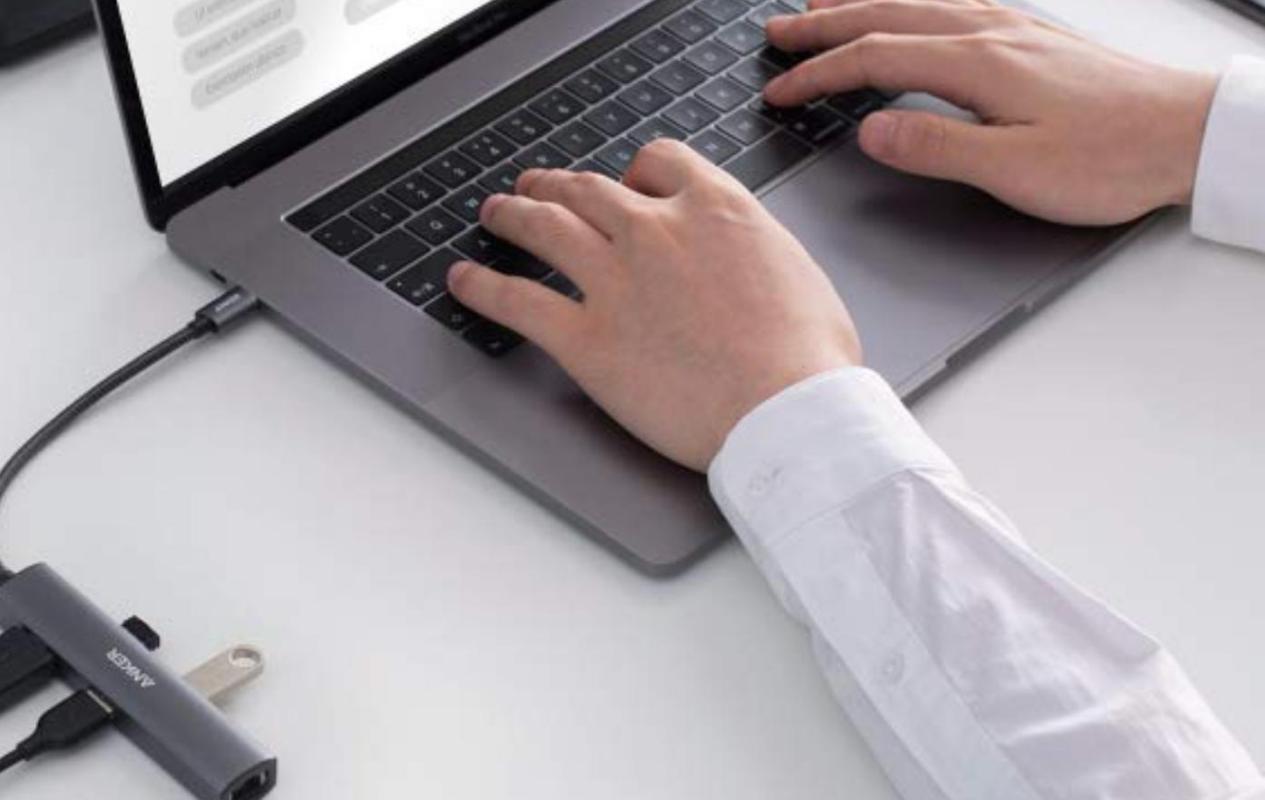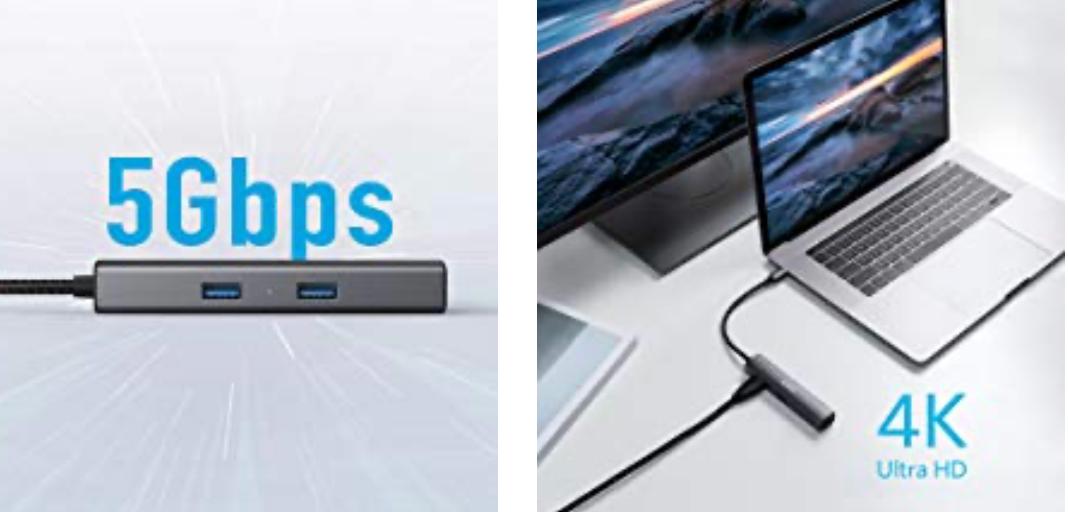What Are The Similarities And Differences Between USB-C Adapters And Other Adapters?
The significance of the USB-C adapter is to solve the problem of incompatible interfaces between different devices, providing a convenient, flexible and versatile connection solution. So what are the similarities and differences between USB-C adapters and other adapters? This next article will give you a detailed introduction.
Similarities And Differences
Interface Type
USB-C adapter adopts a USB Type-C interface, while other adapters may adopt different types of interfaces, such as USB-A, HDMI, VGA, etc. USB-C interface has a more compact size and reversible plug-and-play design, which is convenient to use. Moreover, the USB-C adapter can be used as a charger to connect power to devices that support USB-C charging. For example, you can use the usb c adapter to charge your laptop without the need for a factory charger. This feature is very convenient, especially if you are traveling or have only one outlet in the office.
Data Transfer Speed
USB-C adapters support USB 3.1 or higher, providing faster data transfer speeds of up to 10 Gbps, while other adapters may have lower data transfer speeds, depending on the different interface versions and specifications. In addition to this, USB-C adapters can be used for data transfer, allowing you to transfer data from one device to another. For example, you can use a USB-C adapter to transfer photos, videos, or files from a cell phone to a laptop, or copy files from a USB flash drive to a tablet. The high transfer speed of USB-C adapters can significantly improve the efficiency of data transfer.
Functional Versatility
The USB-C adapter can fulfill a variety of functions, such as charging, data transfer, video output, and so on. It can realize multiple functions through one interface, reducing the need to carry multiple adapters. While other adapters generally only realize a single function.

For example, Anker's USB-C adapters usually have a variety of built-in safety protection mechanisms, including over-current protection, over-voltage protection, and short-circuit protection, to ensure the safety of the device and the user. This gives users peace of mind and reassurance. All in all, Anker's USB-C adapters stand out for their high quality, versatile design, broad compatibility, fast data transfer and charging capabilities, and safety protection mechanisms.
Compatibility
USB-C adapters offer better compatibility. Since the USB-C port has become a standard interface for many new devices, it is capable of connecting to a wide range of devices, such as laptops, smartphones, tablets and more. While other adapters may require specific devices and interfaces to work properly, USB-C adapters can also be used as a video output port, allowing you to display your device's screen content on an external monitor or TV. For example, you can connect your laptop to a large-screen TV via a USB-C adapter to enjoy more screen space and higher resolution. This is useful for showing presentations, watching movies, or playing games on the big screen.
Plug and Convenience
The USB-C adapter has a reversible connector that makes it easy to plug in regardless of the front or back of the plug. Other adapters have a traditional non-reversible connector that needs to be properly aligned to be inserted. In addition, USB-C adapters can be used to connect a variety of external devices such as mice, keyboards, printers, webcams, and more. By using a USB-C adapter, you can connect these external devices to devices that support the USB-C interface, expanding their functionality and range of use.

Summary
To summarize, the USB-C adapter offers greater functional versatility, better compatibility and higher data transfer speeds than other adapters. At the same time, its reversible plug-and-play design and compact size also add to the ease of use. However, due to the differences in different devices and needs, choosing an adapter needs to be judged on a case-by-case basis. All in all, the versatility of the USB-C adapter makes it useful in different application scenarios. Whether for charging, data transfer, video output or peripheral connection, USB-C adapters offer greater convenience and flexibility for users.
